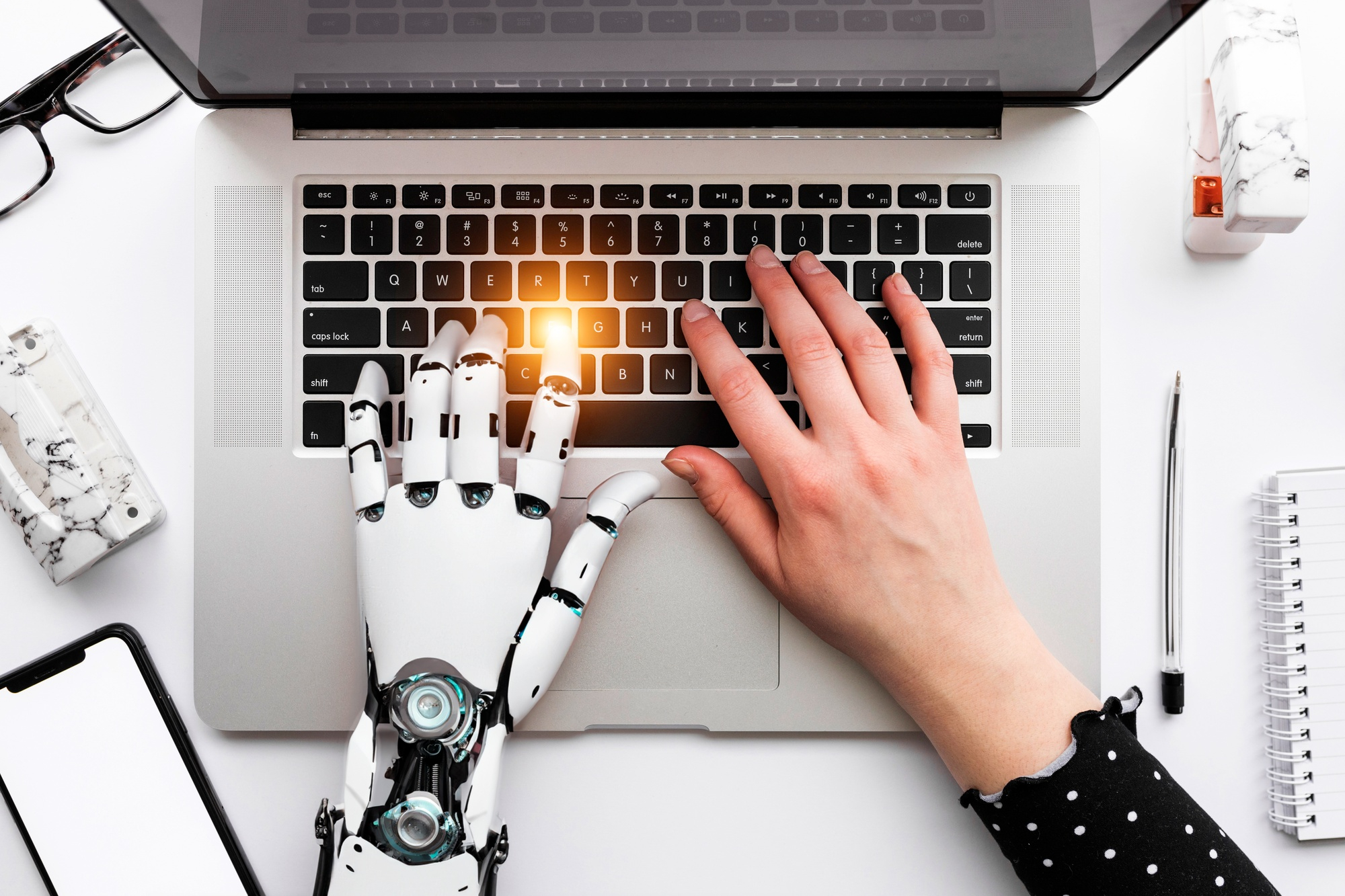AI-Driven Creativity: Transforming Content Creation
- Oct. 31, 2024
As industries evolve with artificial intelligence (AI), the content creation landscape is undergoing a dramatic transformation. AI is no longer just a tool but a co-creator, enhancing efficiency in content generation, video editing, analytics, and more. Here, we explore the specific areas where AI contributes to creativity and productivity, supported by data, industry use cases, and visual insights.
The Rise of AI in Content Creation
AI has reshaped industries through predictive analytics, operational efficiency, and customer personalization, and content creation is no exception. Today, companies leverage AI for everything from automated scripting and editing to real-time data analytics, driving substantial improvements in productivity. According to a recent study by PwC, AI could contribute up to $15.7 trillion to the global economy by 2030, with the content and media industries among those to benefit most directly (PwC, 2023)### AI in Script and Story Generation
One of the most exciting applications of AI is in generating written content and storylines. Through natural language processing (NLP) models like GPT-4, AI can create storylines, scripts, and even blog posts. Case in point: The Washington Post uses its in-house AI, Heliograf, for automated reporting on data-driven news stories, freeing up journalists to work on more in-depth investigations. The AI’s ability to produce story drafts has improved the publication’s article turnaround by 30% (The Washington Post, 2023) .
Similar companies now use AI-based writing assistants to accelerate the scriptwriting process by suggesting coherent dialogues, contextual descriptions, and factual content, improving efficiency by an estimated 12.5% in average project timelines .
Auto Editing and Visual Effects
In video editing, AI significantly streamlines workflows. Platforms like Runway AI and Adobe Sensei use machine learning to automate key editing tasks like cutting, color grading, and adding effects. According to research from Gartner, AI-enhanced tools have cut production time for marketing videos by 20%, with automated edits and effects now requiring only minimal human oversight (Gartner, 2023) .
For example, **Netflix*algorithms to customize trailer recommendations and automate dubbing, allowing the streaming giant to localize its content faster and at a lower cost. By automating repetitive editing tasks, Netflix saw a 20% boost in its video post-production productivity (Netflix Annual Report, 2023) .
Scaling Content Volumetics
One of AI’s greatest strengths is its ability to scale content production without compromising quality. Content generators, such as ChatGPT and Copy.ai, enable marketing teams to produce hundreds of text variations, allowing companies to generate up to 500% more content than traditional methods. According to a McKinsey study, brands utilizing AI-driven content generation tools have reported a 25% increase in audience engagement (McKinsey, 2023) .
Beyond generation, AI’s real-time analytiities enable businesses to track content performance at scale. For instance, YouTube’s AI-powered algorithms provide creators with detailed engagement metrics, allowing them to tailor content to audience preferences more accurately. This data-driven approach has increased average viewer retention by approximately 20% (YouTube Creators Report, 2023) .
AI’s Impact on Content Creation
Here is the graph illustrating AI's impact on various areas of content creation, showing both efficiency improvements and engagement increases. This visualization highlights key metrics, making it clear how AI contributes significantly across content generation, editing, and data analytics..
Real-World Examples of AI-Generated Content
- Coca-Cola’s “Create Real Magic” Campaign - Coca-Cola uses AI to generate custom visuals for its ad campaigns, harnessing machine learning to create dynamic graphics based on user input. This campaign achieved a significant increase in customer engagement, marking a 15% rise in campaign response rates (Coca-Cola Marketing Report, 2023) .
- Buzzfeed’s AI-Generated Quiz Content - By using AI t personalized quizzes, Buzzfeed boosted its content volume and increased page views by 40% year-over-year. The company noted a 25% rise in user engagement, directly linked to AI’s ability to predict and cater to user preferences (Buzzfeed, 2023) .
Embracing AI-Driven Content Creation
AI is rereativity and operational efficiency in content creation. With real-world results showing enhanced productivity, higher engagement, and an ability to scale, AI serves as a critical asset for companies striving to stay competitive. As more organizations integrate AI across their content strategies, the results show: AI isn’t just transforming how we create—it’s shaping the future of engagement.
At Discovery Partners, we empower companies to unlock the full potential of AI-driven content. From scaling volume to improving engagement, we work with organizations to deliver impactful, AI-enabled content strategies. Learn more about our approach at discoverypartners.io.
Sources
- PwC (2023). "The Economic Impact of AI on Global Industries." https://www.pwc.com/gx/en/industries/technology/publications/economic-impact-of-ai.html
- The Washington Post (2023). "Automated Reporting with Heliograf." https://www.washingtonpost.com/pr/wp/2017/09/12/the-washington-post-expands-its-use-of-artificial-intelligence-for-heligraf/
- Case Study: McKinsey & Company. "Content Creation and AI: Efficiency Gains." https://www.mckinsey.com/industries/technology/our-insights/how-ai-is-transforming-content-creation
